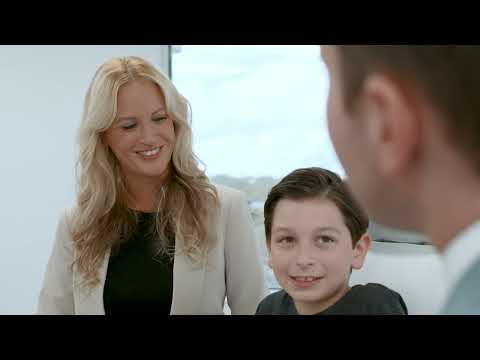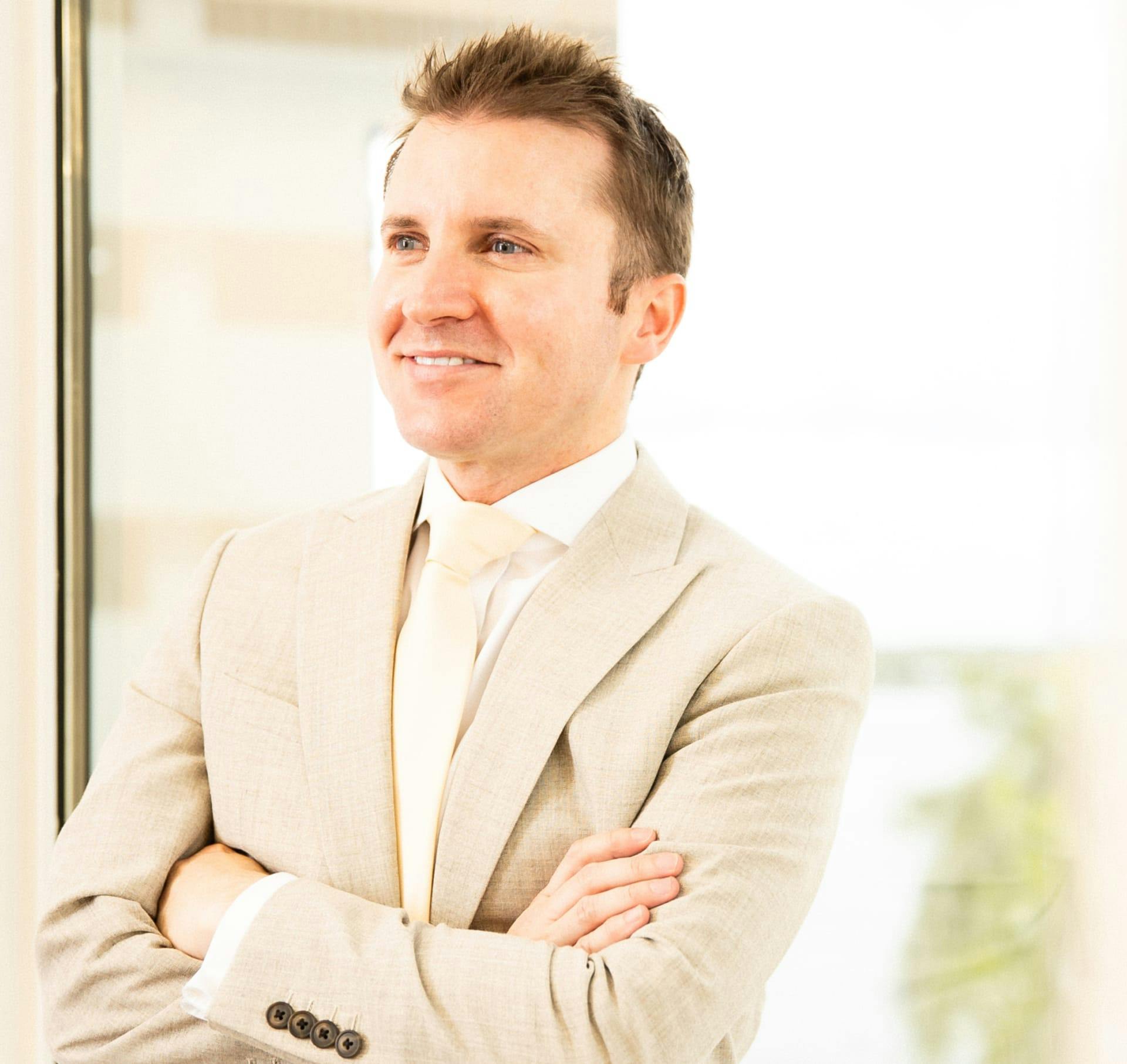Cleft care at Palm Beach Plastic Surgery Institute is a comprehensive, patient-focused program designed to address the unique needs of individuals born with cleft lip and/or palate. This goes beyond the initial surgical repair of the cleft condition and includes ongoing treatments and procedures aimed at improving speech, dental alignment, and the overall appearance of the face. We also provide mental health and social services to patients with clefts and their families. Our team is led by a board-certified plastic surgeon with specialist fellowship training in cleft and craniofacial surgery and over a decade of experience. All surgical care is provided at the region’s leading children’s hospital by dedicated pediatric specialists.
Benefits of cleft care
The benefits of comprehensive cleft care extend far beyond physical appearance. Here are some key benefits:
- Improved functionality: Procedures such as palate repair, speech surgery, orthognathic surgery and septorhinoplasty can significantly improve speech clarity, eating functionality, and breathing
- Enhanced appearance: Surgeries like rhinoplasty and lip repair aim to enhance facial symmetry and aesthetics, boosting the individual's self-confidence.
- Our cleft care program provides care that addresses not only physical but also psychological and social aspects of living with a cleft condition.








